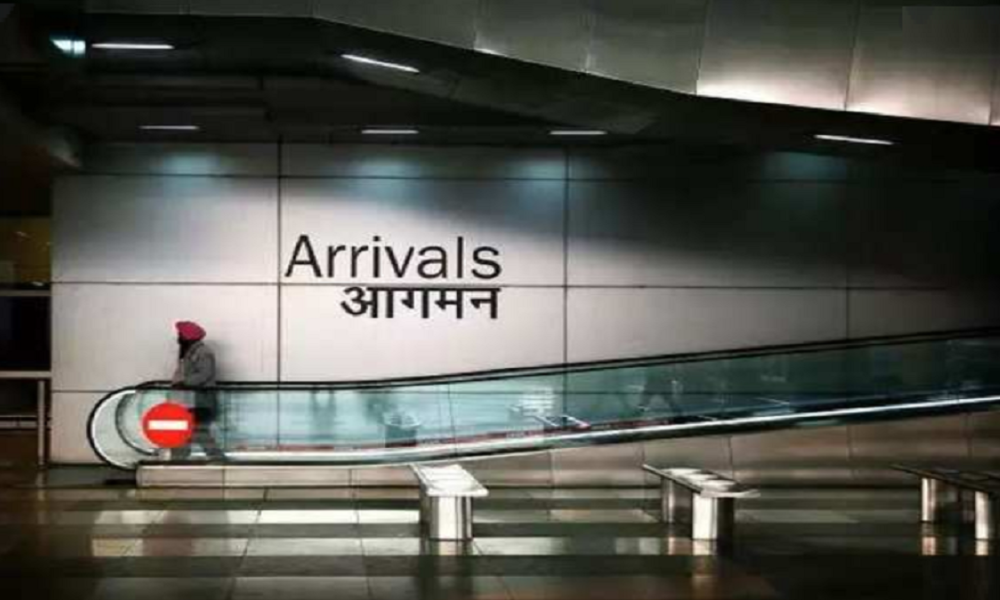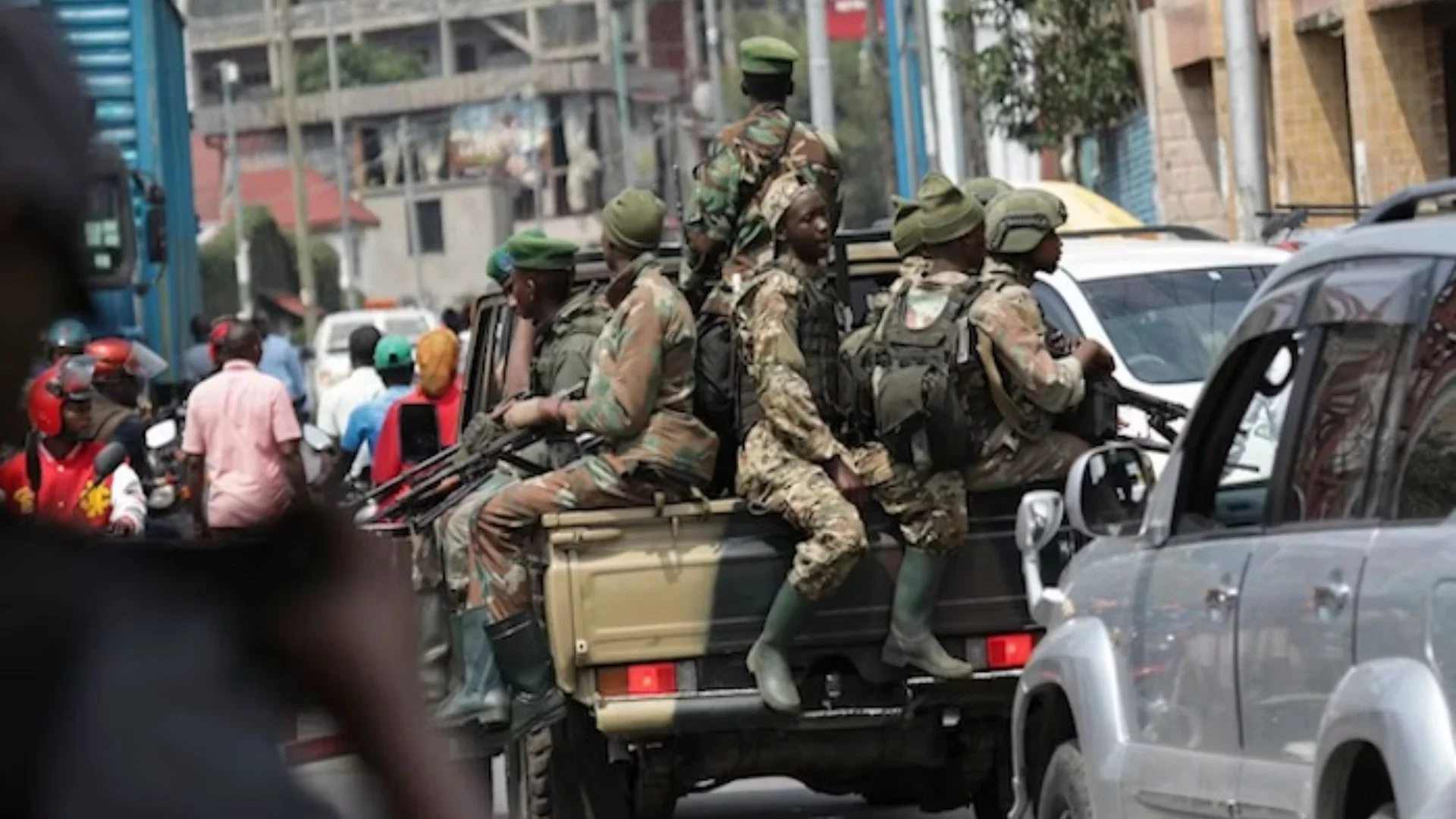Delhi’s Indira Gandhi International Airport has come with a first-of-its-kind arrangement in the country, where a QR-coded E-gate pass is being provided to enter the cargo terminals. It will ensure social distancing and minimise human contact and is expected to help expedite the delivery of goods to save time and resources. This optional service will be mandatory from 15 July.
“This is a new paperless and contactless facility, amid a pandemic situation, aimed at minimising human interface at the cargo terminals. This will not only bring more efficiency in the process but also reduce paperwork,” said a DIAL spokesperson.
Earlier, the cargo clearing agents had to go through various documentation processes and stand in queues at designated counters at the cargo terminal for issuance of gate pass. “Under the new entry system, the airlines, consolidators or freight forwarders will now have to upload the scanned copy of Master Airway Bill or House Airway Bill in the custodian system, adding that the Bill of Entry (BoE) and Out of Charge (OoC) will be transmitted electronically by the Customs to the custodian system. With these details, the customs broker will submit the request for issuance of E-gate pass for the delivery of goods and generate the QR code at his office itself after due verification by the Cargo terminal operator,” added the DIAL spokesperson.
The Delhi airport has two integrated cargo terminals and a trans-shipment excellence centre at the airside. These terminals can handle over 1.8 million tonnes of cargo annually, which can be scaled up to 2.3 million tonnes.
Vandana Agarwal, Senior Economic Advisor, Ministry of Civil Aviation said: “The introduction of e-gate pass facility will help strengthen the digitisation of the supply chain at the airport. Besides optimising on timely delivery of services by air cargo community while adhering to the social distancing norms, initiated by all cargo stakeholders in collaboration with MoCA.























